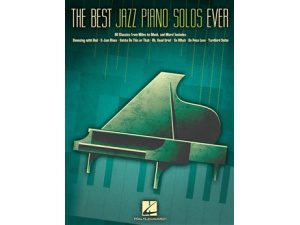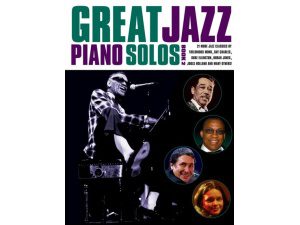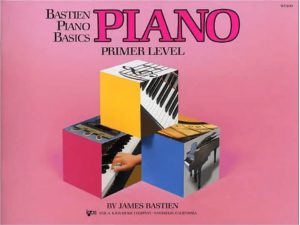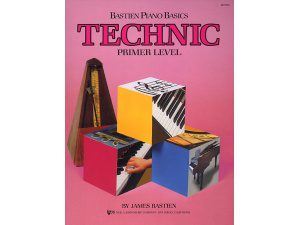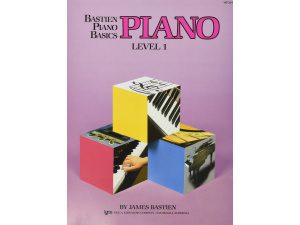Description
Awarded the prestigious Music Industries Association Award in 2006 for Best Pop Publication, Tim Richards’ Exploring Jazz Piano was the long-awaited follow-up to his acclaimed Improvising Blues Piano, also published by Schott. The overall level is somewhat higher and would suit pianists of Grade 4 standard and above.
The book comes in two volumes, comprising no less than 56 original pieces by the author, together with special arrangements of 24 standards ranging from Autumn Leaves and Summertime to Straight No Chaser and Coltrane’s Impressions.
The two volumes also contain over 800 musical examples, a veritable treasury of styles and techniques for the aspiring jazz pianist, and refers to the work of Erroll Garner, Art Tatum, Duke Ellington, Thelonious Monk, Bud Powell, Horace Silver, Hampton Hawes, Red Garland, Wynton Kelly, Bill Evans, George Shearing, Oscar Peterson, Chick Corea, McCoy Tyner, and many others.
Each volume has audio files for download, containing between them performances of all 80 pieces, played by Tim alone or with his current trio: Dominic Howles (bass) and Matt Home (drums). Play-along tracks are also included, in which the piano is panned to one speaker, providing rhythm section accompaniment if desired by turning the amplifier’s balance control. Copious examples of improvisation are accompanied by numerous assignments, with guidance to hand on every page. The package is beautifully illustrated with many full-page photographs of piano masters past and present, informative mini biographies and a comprehensive suggested listening section.
The practical covered spiral binding protects the books as well as enabling them to lie flat on the music stand. Exploring Jazz Piano fills a vacuum in jazz piano instruction, its comprehensive syllabus taking the reader from first principles in Vol. 1 to professional level in Vol. 2. Any student of jazz piano, piano teacher, or performing musician dipping into either volume will be rewarded with a wealth of ideas and practical information to keep them occupied for many months, or to use as an ongoing resource in the years to come. Vol. 1 introduces the intermediate pianist to the basic chord-types used in jazz, from major and minor triads to seventh and ninth chords.



